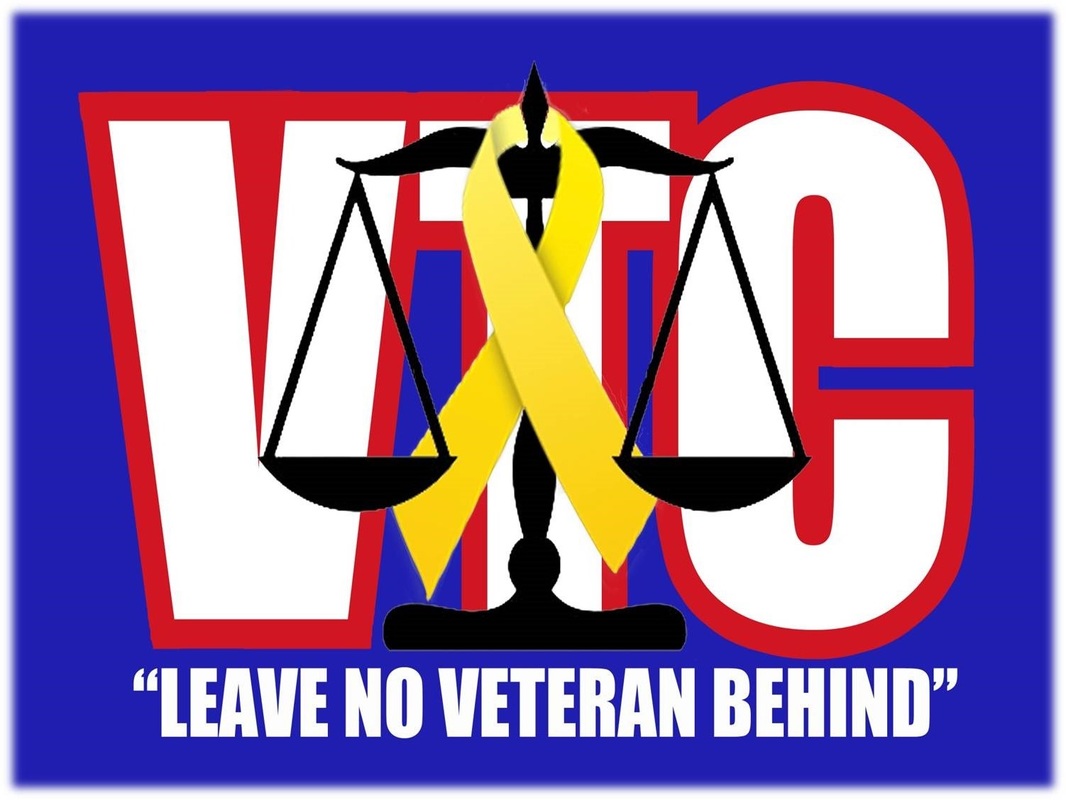|
Future and Present
Veterans Treatment Courts If you represent a court system that would like to learn more about our VTC, please contact us. We are happy to schedule tours of our facility, discuss our program, and answer questions. Please contact our Director, David Smith at (931) 245-3180 ext. 11225 for more information.
Feel free to copy the documents provided on this website. We are happy to provide any assistance we can to help Veterans Treatment Courts grow across the nation. |
Document Download
|
Every participant and mentor has a copy of the participant handbook. For the participants it explains what we expect of them, and what they should expect from our program. For mentors, it is a tool to answer their mentee's questions.
|
Based on their phase, each participant has to do self-helps fitting within the Active Minds Initiative (AMI) requirements. See the Participant Handbook to learn more about AMI. They must document their activity and return their log to their court administrator as often as required by their VTC phase standing.
|
Volunteer service is required if the participant is not working or attending school. Occasionally volunteer service is used as a sanction. Either way it must be documented and submitted to the participant's case manager.
|
Travel requests must be submitted two weeks (14 days) prior to the trip. Curfew Extensions (please use the same form) must be submitted one week (7 days) prior to the requested date. The Team must have time to vote on the request. Requests are approved based on Phase standing and program compliance.
|
|
Applications will not be accepted unless they are complete and have all necessary documents. Completed applications are sent to the VTC Director, David Smith, or Court Liaison, Tristen Dudley.
|
This is a summary of the steps necessary to submit a client's application to the VTC.
|
|
The mentor handbook serves as a guide to each volunteer. It sets the boundaries and expectations for Veteran Mentors.
|
Applications are submitted to the mentor coordinator, Scott Schroeder, or a member of the VTC Team. After the application has been reviewed and accepted, the applicant will be invited to sit with the mentors during court. There will be a trial period where the applicant will shadow another mentor as they meet with their participant(s).
|
This pamphlet gives a snap shot of our Veteran Mentor Program. Share this document to help spread the word to potential volunteers!
|
Program Highlights
|
VTC for Life
After graduation then what? As a graduate of the Montgomery County VTC you are immediately inducted into VTC for Life. This after care program welcomes graduates to continue participating in group and coming to the VTC for help. We want alumni to know that support doesn't stop when the program does. Click the button below to read more.
|
Active Minds Initiative
The Active Minds Initiative (AMI) is our take on self-helps. Our VTC requires participants to log a certain number of self-helps depending on their standing in the program. AMI sums up the self-helps plan that a participant and court administrator discuss and follow. Click the button below to read more.
Court Administrators use a SMART Goals layout to help participants organize their thoughts. The form below is specifically for participants who have chosen a hobby, skill, or activity (approved by their case manager) as a self help.
Based on their phase, each participant has to do self-helps fitting within the Active Minds Initiative (AMI) requirements. See the Participant Handbook to learn more about AMI. They must document their activity and return their log to their court administrator as often as required by their VTC phase standing.
|
Montgomery County Veterans Treatment Court
[email protected]
121 S. Third Street, Upper Level | Clarksville, TN 37040
Office: (931) 245-3180 Like us on FACEBOOK!
Montgomery County Veterans Treatment Court
[email protected]
121 S. Third Street, Upper Level | Clarksville, TN 37040
Office: (931) 245-3180 Like us on FACEBOOK!

